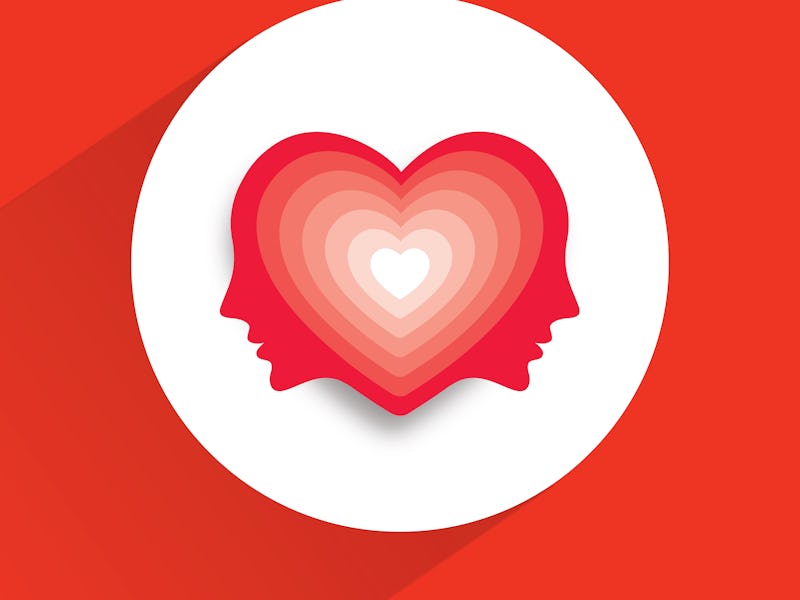Neuroscientists reveal what it takes to make love last
A brain study offers insight into what ignites the romantic flame.

When we fall head over heels for a special someone, our brains become flooded with dopamine — the sweet, sweet chemical that keeps us feeling happy and content.
One of the key producers of the feel-good neurotransmitter is the brain's ventral tegmental area (VTA). The VTA, in turn, plays a fundamental role in the brain’s reward pathway — a collection of regions and connections and our brain’s way of reinforcing certain behaviors, such as eating or having sex.
The VTA is an especially dynamic zone for one lovey-dovey group: happy couples.
Inverse is counting down the 20 stories redefining 'human' from 2020. This is number 9. See the full list here.
How do we know this? A study from 2012 looked at the brains of people who were in long-term, committed relationships (for an average of 21 years), and compared them against newly loved-up individuals — folks who had fallen in love within the past year. The participants were asked to look at a picture of someone they vaguely knew, an acquaintance, a close friend, and then finally, a photograph of their partner.
Side by side, the brain scans actually looked pretty similar in many key ways. However, the research team found that when the subjects got a look at their other half, the VTA glowed up.
The brain's reward structure.
This suggests that love can actually make you crave your special someone because the sight of them gives you a hit of dopamine. And these results were the same for those who were in long-term relationships as well as the people in the early throes of love.
Interestingly, they also observed a jump in activity in the areas of the brain associated with maternal love and pair bonding, suggesting that feelings of attachment are an important facet of a romantic relationship.
How exactly to keep love’s eternal flame crackling away — the most difficult part — hasn’t been found by science just yet. Bianca Acevedo, a social neuroscientist and researcher at the University of California, Santa Barbara and lead author of the study, said that part of the story is “still emerging.”
Nonetheless, the findings do suggest that it takes more than just the rewards of romantic love to keep us committed. A healthy, long-lasting love also requires elements of attachment and pair-bonding.
“I think that, for couples, when they observe certain tendencies in themselves or their partners, it’s helpful to know that they may be influenced by their genetics,” Acevedo told Inverse.
“It’s important for us to understand that so we can best navigate the world of love and not be so hard on ourselves and others when things aren’t going the way they thought they would.”
Inverse is counting down the 20 stories redefining 'human' from 2020. This is number 9. Read the original story here.